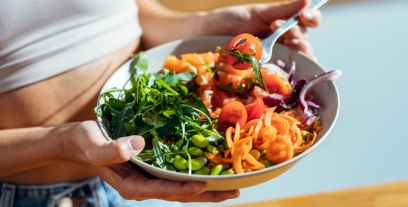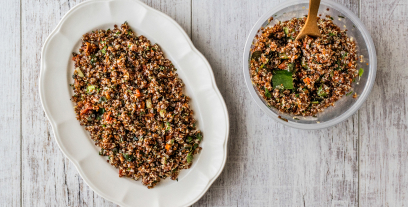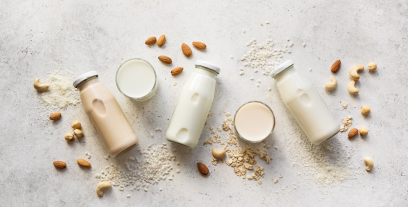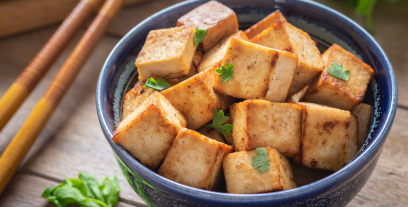A vegan diet refers to the complete abstinence from animal products, with vegan food from plant sources. This not only avoids traditional sources such as meat and milk, but also enriches the vegan diet discipline with a wide range of vegan foods for healthy living. A vegan diet also supports environmental sustainability and respect for animal rights, offering a holistic lifestyle.

In answer to the question of what a vegan diet is, it is based entirely on plant-based foods and does not include any products of animal origin. A vegan diet is associated not only with health, but also with ethical values and awareness of environmental protection. A vegan diet, which rejects the consumption of animal products such as meat, milk, eggs and honey, provides a balanced and nutritious diet with a rich and varied vegan diet.
You may be interested in: Tips for Those Who Want To Welcome The Summer With A Fit Body
The question of how to follow a vegan diet requires a conscious transition towards health. In practice, a vegan diet involves the use of purely plant sources instead of animal products. For a balanced vegan diet, protein needs are met with alternatives such as legumes, tofu, and tempeh, and omega-3 needs are met with vegetable oils such as chia seeds and flaxseed. This diet should be carefully planned to support adequate vitamin and mineral intake.

The vegan diet list should be carefully organized for variety and nutrient richness. This list usually includes staple plant foods: whole grains, legumes, vegetables, fruits, nuts and seeds. The vegan diet list also includes soy products such as tofu, tempeh and different types of dairy alternatives to meet protein needs. These rich and colorful foods are essential for a healthy vegan diet.

A vegan diet has many positive effects on health. As this diet is generally low in saturated fat and cholesterol, it can help lower the risk of heart disease and high blood pressure. The high fiber content supports digestion and contributes to stabilizing blood sugar levels.
Plant-based foods, known for their anti-inflammatory properties, help the body fight inflammation and may protect against some types of cancer. A vegan diet is also rich in antioxidants that improve overall health. These health benefits come from the diversity of the vegan diet.
 What is the Difference Between a Vegan Diet and Vegetarianism?
What is the Difference Between a Vegan Diet and Vegetarianism?The vegetarian-vegan difference is basically based on the variety of animal products consumed. A vegetarian diet generally excludes meat but allows the consumption of animal derivatives such as dairy products and eggs. In contrast, a vegan diet excludes all animal products from the diet, which includes dairy products and eggs. The vegetarian-vegan difference is also reflected in the ethical and health-related choices between these two diets.

A healthy vegan diet should be based on a varied and balanced diet. Among vegan foods, legumes, tofu and tempeh stand out to meet protein needs. The vegan diet list should include rich vegetables, fruits and whole grains to meet your daily vitamin and mineral needs. It is important to include vegan foods such as chia seeds and flaxseeds for omega-3 fatty acids.
Recommended For You
5 Exercise Tips for People Who...
Spending long hours working at...
Read MoreFOMO: The Fear of Missing Out ...
In today’s digital age, social...
Read MoreWhat Is the Mediterranean Diet...
The Mediterranean diet is a ty...
Read More